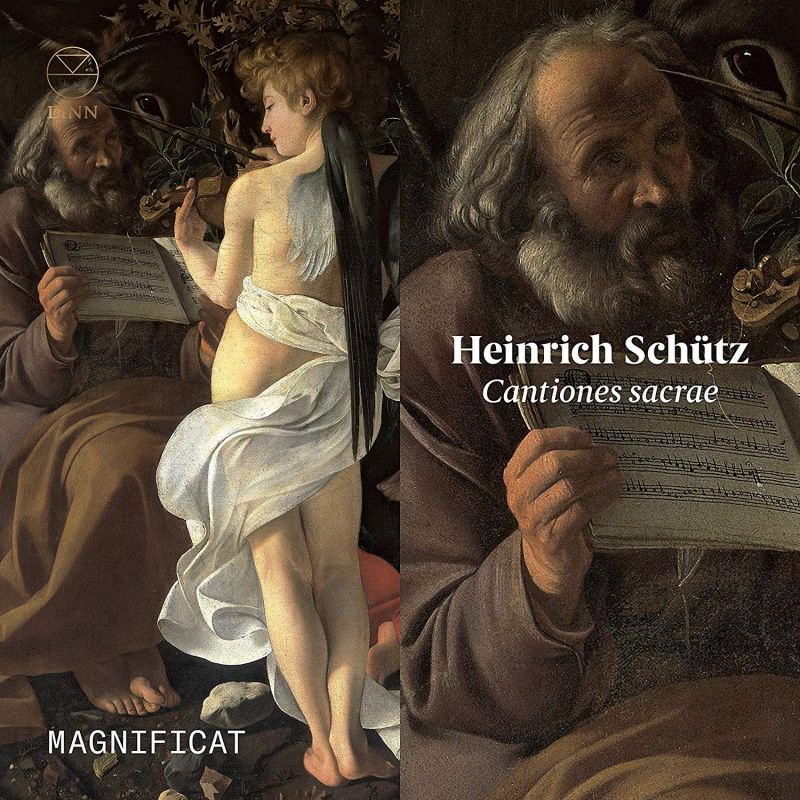SCHÜTZ Cantiones sacrae 1625, SWV53-93
View record and artist detailsRecord and Artist Details
Composer or Director: Heinrich Schütz
Genre:
Vocal
Label: Linn
Magazine Review Date: 08/2019
Media Format: CD or Download
Media Runtime: 113
Mastering:
DDD
Catalogue Number: CKD607

Tracks:
| Composition | Artist Credit |
|---|---|
| Cantiones sacrae |
Heinrich Schütz, Composer
Heinrich Schütz, Composer Magnificat Philip Cave, Conductor |
Author: Fabrice Fitch
A variety of scoring options would alleviate a certain feeling of sameness. This is hardly the composer’s fault, since he wouldn’t have expected the pieces to be played straight through; but if it’s a trap for the modern performer, all three ensembles fall into it to some extent. For their part, Magnificat’s use of organ and violone makes it harder for the singers to inflect the pulse, as the music’s Italianate accents seem to require. Although those of Weser-Renaissance shade them from a vocal standpoint, these are very fine singers without doubt (the famous Cantate Domino is pleasingly warm and festive); and yet one senses a reluctance to venture out of their comfort zone and inhabit the unsettling hybrid territory that Schütz has mapped out for himself and his performers. One might say the same of the continuo group, which rarely challenges the singers’ primacy. Overall I have come to warm to Weser-Renaissance’s approach; but again, comparing the two sets is a good way to understand how elusive Schütz’s Op 4 proves to be in performance.
Discover the world's largest classical music catalogue with Presto Music.

Gramophone Digital Club
- Digital Edition
- Digital Archive
- Reviews Database
- Full website access
From £8.75 / month
Subscribe
Gramophone Full Club
- Print Edition
- Digital Edition
- Digital Archive
- Reviews Database
- Full website access
From £11.00 / month
Subscribe
If you are a library, university or other organisation that would be interested in an institutional subscription to Gramophone please click here for further information.




